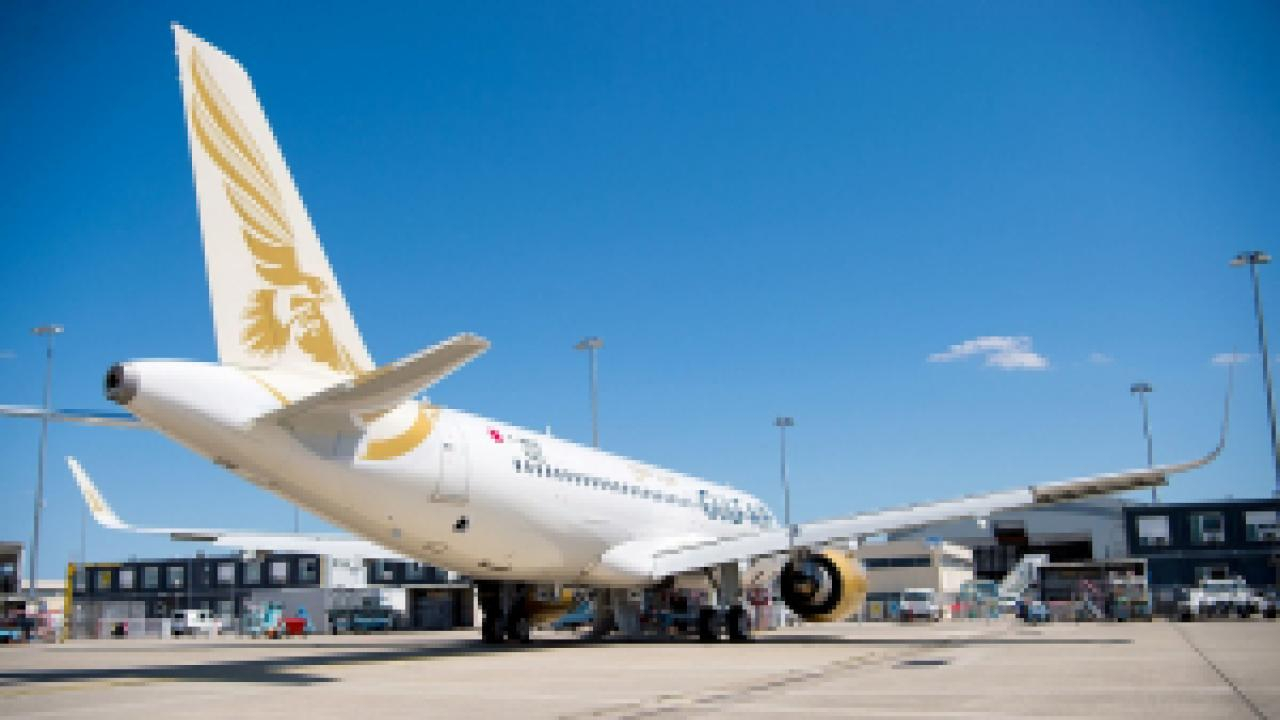Safety not sanctions behind the European ban on Iran Air

And yesterday it was revealed that the EU had been working with Iran’s own Civil Aviation Organisation (CAO) which it said demonstrated an oversight system which "complies with the intent" of ICAO regulations, and added that the CAO had a "strong commitment to adopting modern safety management techniques.”
However, serious flaws in Iran Air's fleet maintenance and airworthiness programmes led to the decision to ban most of the flag-carrier's aircraft from European Union operations.
The report also said the CAO demonstrated "several weaknesses" in its oversight of Iran Air, including a lack of detailed review of maintenance programmes and minimum equipment lists. These failings led to a failure to detect errors made by the airline, states the European Commission in an assessment detailing its rationale for blacklisting the carrier.
However according to Transport Commission spokeswoman, Helen Kearns the CAO has corrected previously-identified weaknesses in audit follow-up procedures, through a system which enables urgent safety issues to be addressed quickly, and says the CAO has shown an "open, co-operative and constructive approach" to addressing shortfalls.
Ms. Kearns insisted that the move, which affects about two-thirds of Iran Air’s fleet, had nothing to do with international sanctions. “We deal purely with safety requirements,” she said. “Our controls focus entirely on safety, nothing else.”
Iran Air has had trouble properly maintaining its aging Boeing jets, which were purchased in the 1970s, because of a 30-year-old United States ban on buying spare parts.
Ramp check results from Iran Air's A320s were said to be "noticeably worse" than those for other aircraft in the airline's fleet.
The airline, together with a cargo and a low-cost subsidiary, has more than 60 planes in its fleet. There are plans to replace older airliners with Russian-built Tu-204 medium-range jets starting next year.
Iran Air flies to about 60 destinations, mainly in Asia and Europe. Its extensive domestic network covers nearly two dozen airports.
A spokesman for Iran Air, Shahrokh Noushabadi, called the decision unfair, saying that the airline would continue contacts with the union to get the ban rescinded, the official IRNA news agency reported.
He said there would be no disruption in flights to Europe, because the company would fly its Airbus jets that meet European Union safety guidelines.
Stay up to date
Subscribe to the free Times Aerospace newsletter and receive the latest content every week. We'll never share your email address.

